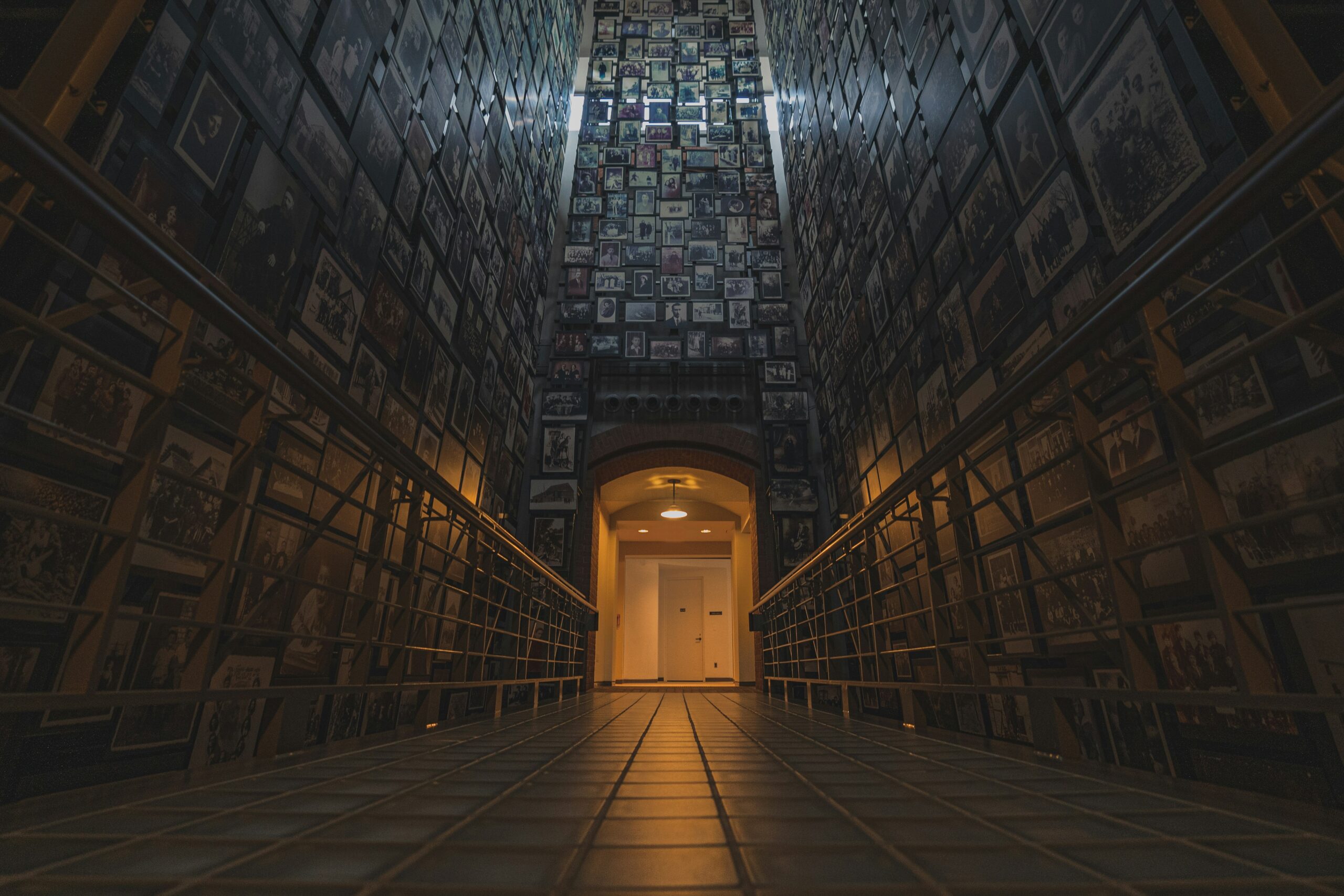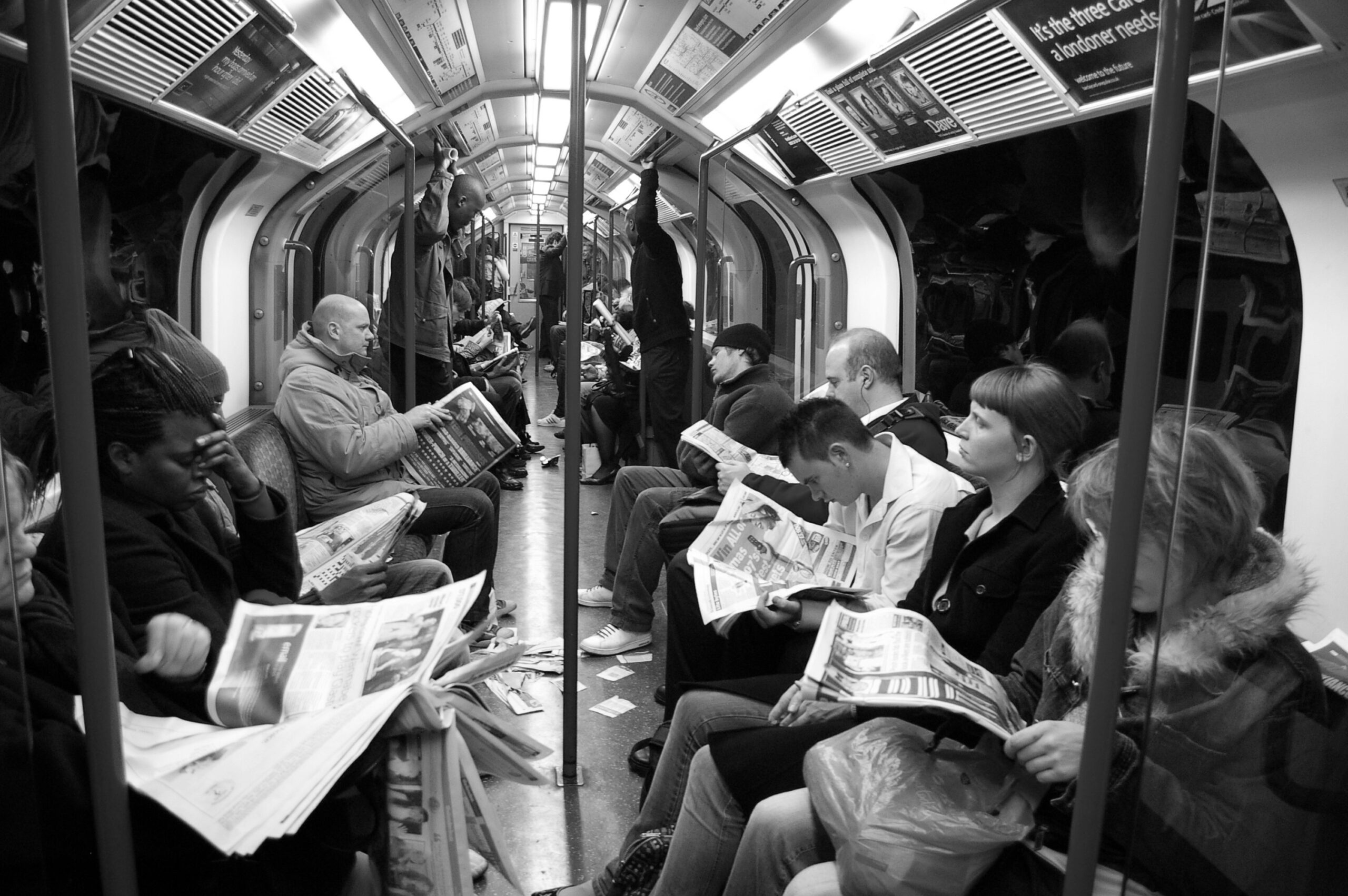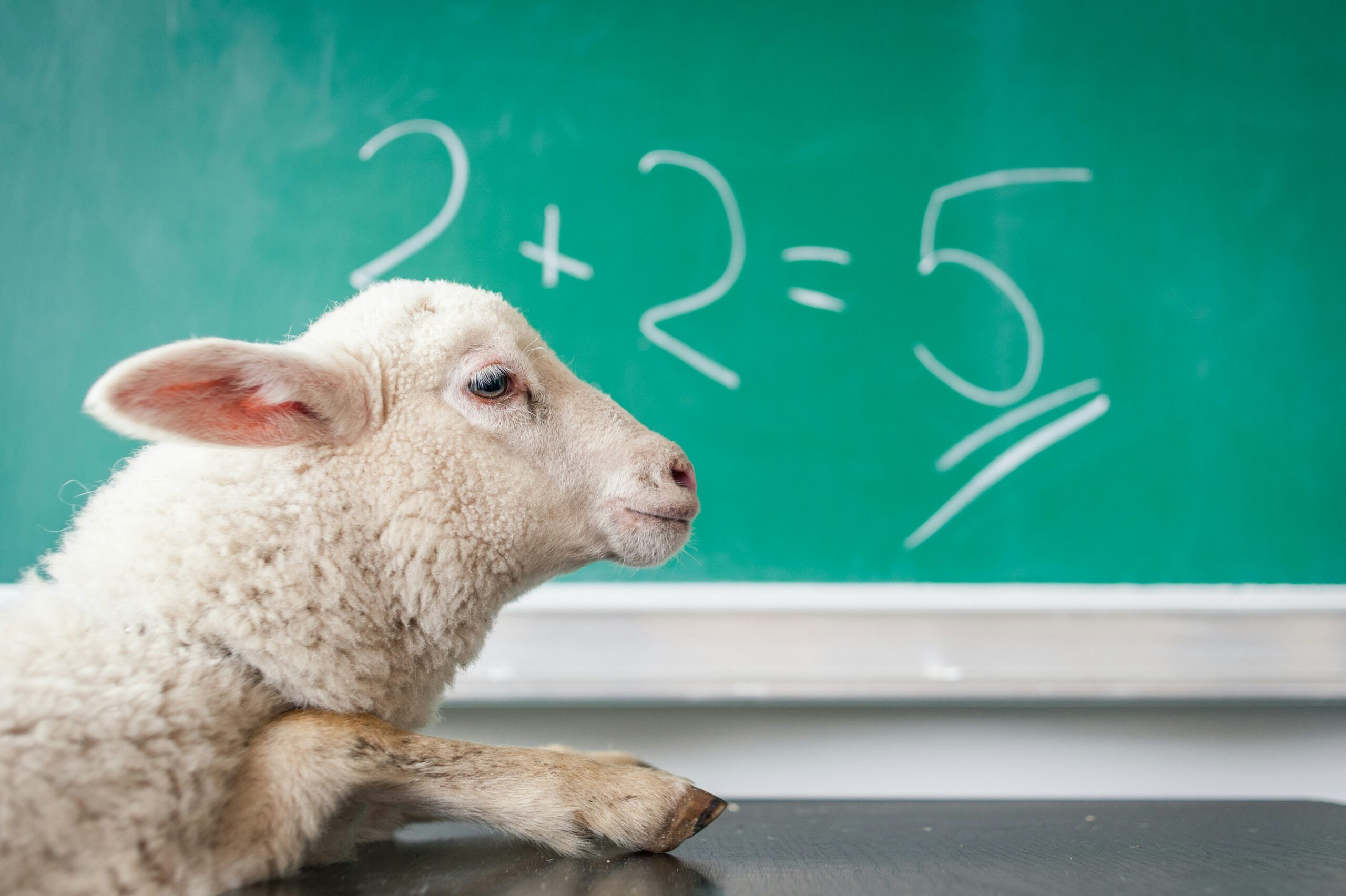“The reality that I had known no longer existed. The places that we have known belong now only to the little world of space on which we map them for our own convenience. None of them was ever more than a thin slice, held between the contiguous impressions that composed our life at that time; remembrance of a particular form is but regret for a particular moment; and houses, roads, avenues are as fugitive, alas, as the years.”
Marcel Proust writes the preceding lines at the end of the first magnificent and spine-tingling flicker of a volume of his longer odyssey, In Search of Lost Time. In this quotation alone, he captures the painful essence of adulthood and self-consciousness, steeped as it is in a fragrant human remembrance and destined to engulf us all as we find ourselves rejected from paradise. We are so many comets streaking across a night sky tinted with the undulant haze of distant nebulae.
And the years continue passing, settling into their intractable march to the end of time. Human life is so often a slow-moving and episodic free fall, and we are powerless to impede the natural unfolding of the events that carry us all swiftly to our extinction. When I first encountered this singular passage in Proust’s masterwork, I came face to face with the reality that the substance of my past had been utterly obliterated from the face of the Earth. No longer could I revisit my home town and childhood bedroom because these places, while still existent in all their physicality, were no longer visible as I had experienced them in my childhood; their existence in time was to be forever confined to a past that was receding endlessly into the depths of my long-term memory.
And now, as a young adult with all the nascent burdens of the world, led on like a sniffing bloodhound by seriousness, responsibility, and the prospect of an existence that prioritizes economic utility over any sense of a non-purposive, unproductive self-fulfillment, I find myself in an uncomfortable no-man’s land. I am too old to return to my childhood, too young to have fully established myself in the higgledy-piggledy and harried workaday life that pushes people to engage more with the world outside themselves than with that of the more important and compelling internal being that only grows smaller and smaller and smaller, until one day—it all disappears.
Because the nature of time has established that the most essential parts of ourselves have to be forever immured in the past, we cannot willingly recover our childhood either as a unitary phenomenon or as a series of moments. Any of these moments could be like photographs hidden away in a dusty photo album abandoned in a chest next to the sun-speckled window of a mansion attic. The chest is locked and the location of the key, forgotten.
We can only hope to recapture ourselves as we were, gaining a fuller perspective on our experience of life while immersed in those peculiar day-to-day moments that happen to trigger our involuntary memory. This is an aspiration and nothing more: that of never standing in the way of life’s endlessly flowering free fall, which extends into a future that reaches only on occasion—and only if we happen to be lucky—directly into the past.





